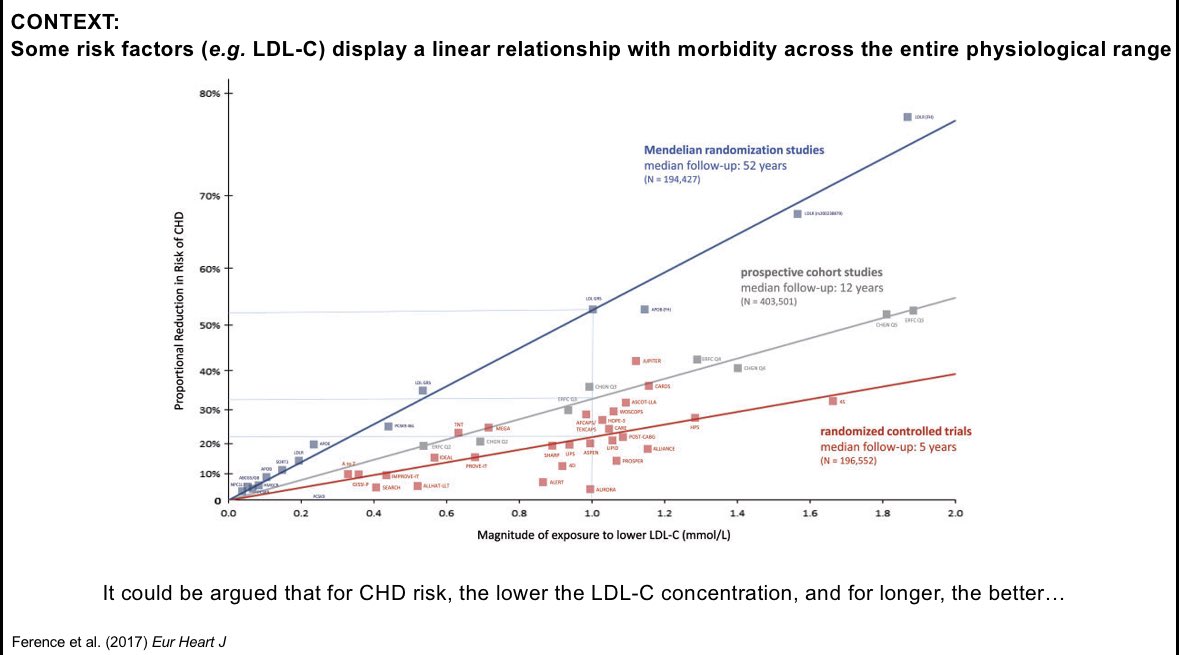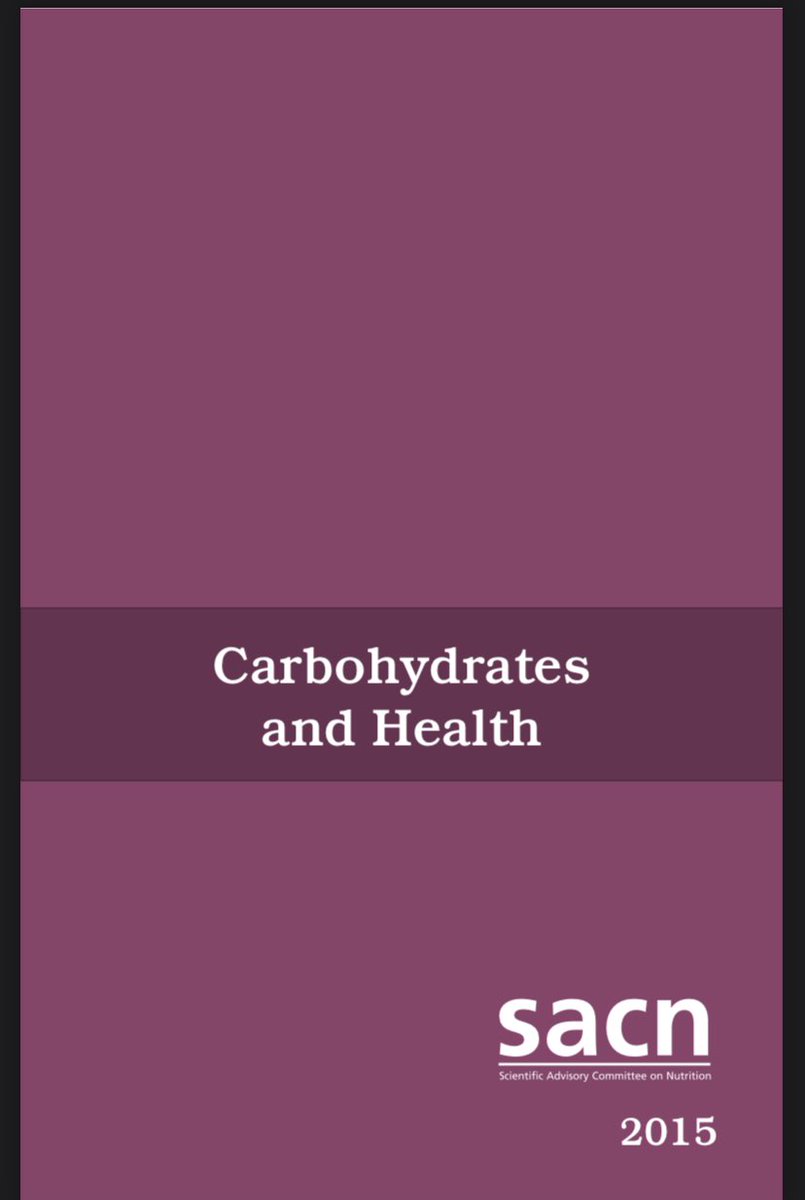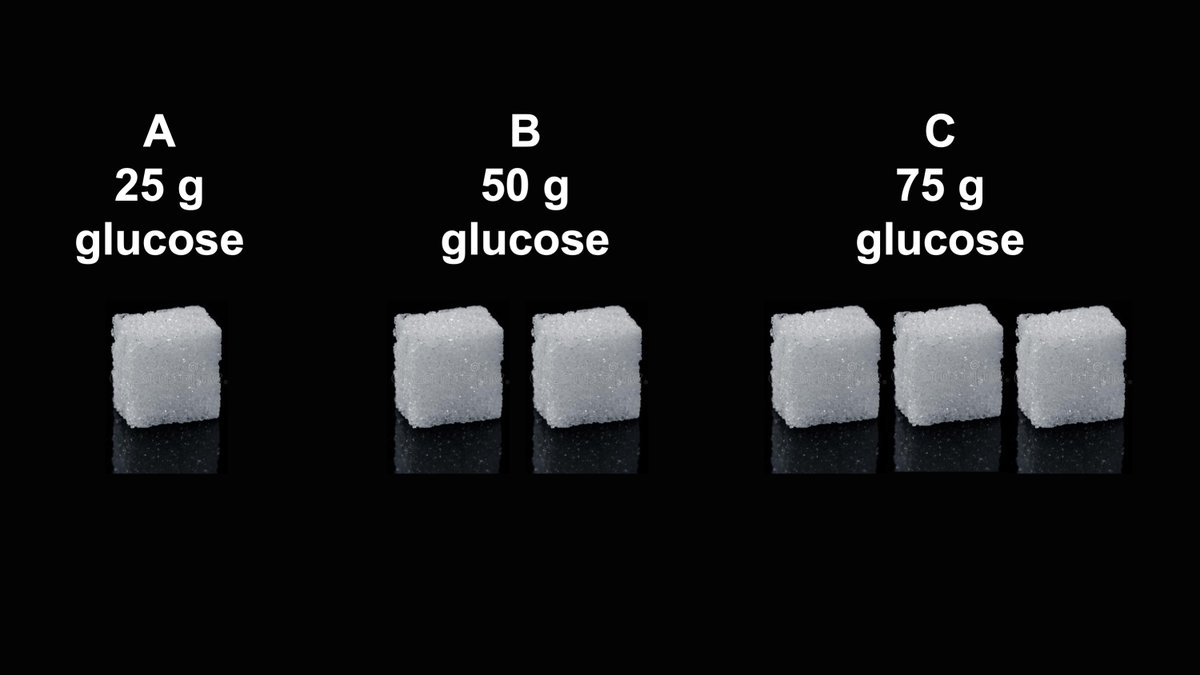
Physiologist interested in human fuel use #nutrition | #exercise | #carbohydrate | #metabolism | #cycling | #science https://t.co/0sKS5pYugj
How to get URL link on X (Twitter) App


 CGMs measure glucose in interstitial fluid, then use algorithms to estimate what the blood glucose concentration is
CGMs measure glucose in interstitial fluid, then use algorithms to estimate what the blood glucose concentration is

 Funnel plots are an objective way to assess for evidence of publication bias
Funnel plots are an objective way to assess for evidence of publication bias 


 What did we ask people to do and did they do it?
What did we ask people to do and did they do it?

 The idea that males display more between-individual variance than females has been considered for >150 years
The idea that males display more between-individual variance than females has been considered for >150 years



 Does increasing physical activity directly add to total energy expenditure (ADDITIVE)
Does increasing physical activity directly add to total energy expenditure (ADDITIVE) 
 First, a quick poll before reading on
First, a quick poll before reading on
 What are isotope tracers?
What are isotope tracers?

 The main aim was to see if restricting sugars or total carbs alters physical activity levels
The main aim was to see if restricting sugars or total carbs alters physical activity levels
 "Carb backloading" is the practice of avoiding carbs early in the day and eating them later in the day, usually after some exercise.
"Carb backloading" is the practice of avoiding carbs early in the day and eating them later in the day, usually after some exercise.

 Latest UK guidelines suggest there is only sufficient evidence that diets high in sugars:
Latest UK guidelines suggest there is only sufficient evidence that diets high in sugars:

https://twitter.com/Gonzalez_JT/status/1576495111139053569
 This time, the measure of interest is the level of fat in the blood (triacylglycerol; aka TAG)
This time, the measure of interest is the level of fat in the blood (triacylglycerol; aka TAG)

 First, how do we even know what the human foetus uses as a fuel?
First, how do we even know what the human foetus uses as a fuel?

 Adding 7.5 g fructose to 75 g glucose reduces the blood glucose response.
Adding 7.5 g fructose to 75 g glucose reduces the blood glucose response. 

 Have a guess here before reading on to find out if you are right... (2/8)
Have a guess here before reading on to find out if you are right... (2/8)

 A reasonable guess would be that they ate some carbs at 0 min and then stopped eating because glucose dropped to fasting levels by hour 3.
A reasonable guess would be that they ate some carbs at 0 min and then stopped eating because glucose dropped to fasting levels by hour 3.
https://twitter.com/gonzalez_jt/status/1566518864132857857Here is the original figure


 Athletes commonly train almost everyday (and sometimes multiple times a day), so carbohydrate stores are often being depleted and need replenishing.
Athletes commonly train almost everyday (and sometimes multiple times a day), so carbohydrate stores are often being depleted and need replenishing. 

 We will focus here on glucose concentrations.
We will focus here on glucose concentrations.